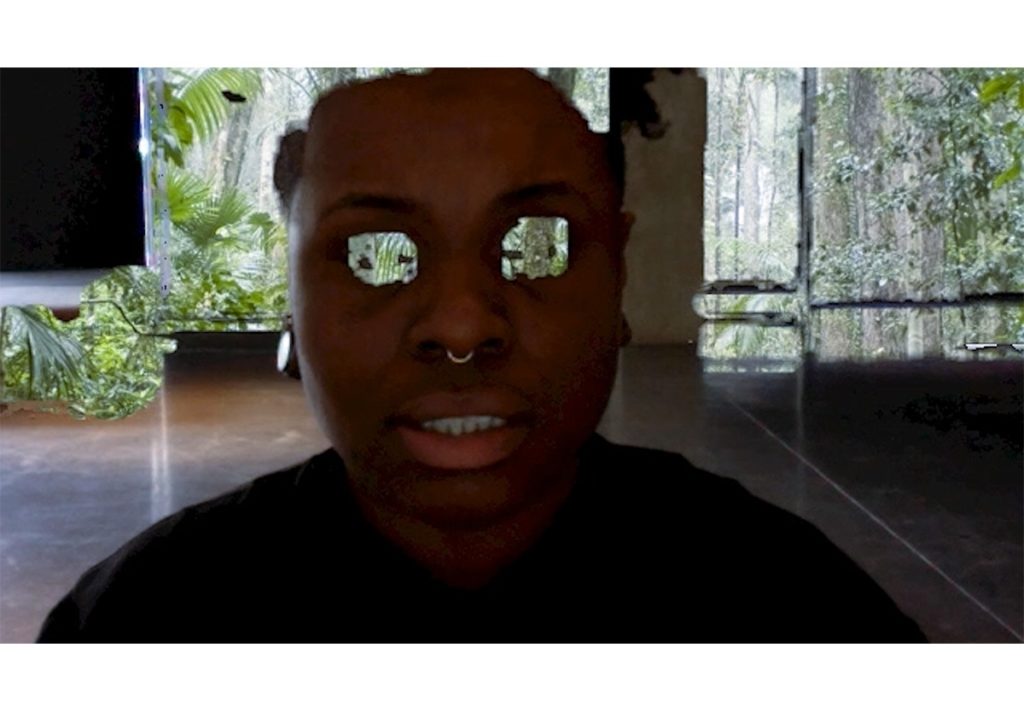
As a Black man with an Afrikaans surname meant that he had to deal with some identity issues in his own life. Duiker is reported to have said that he wrote the book for his contemporaries. As in the first novel, The quiet violence of dreams also addresses issues of race and identity in a racially diverse setting like South Africa. His second novel, The quiet violence of dreams won the Herman Charles Bosman Prize in 2002. Thirteen Cents explores issues of race, identity and street children in Cape Town. In 2001, Duiker’s first novel Thirteen Cents won the Commonwealth Writer's Prize for first book, Africa Region. He studied copy-writing and worked for an advertising company before moving on to work as a scriptwriter for the television drama Backstage. He later moved to Cape Town where he found his writing voice. Upon his return he enrolled at Rhodes University, where he studied journalism and art history. Having been born at the height of Apartheid, Duiker became very conscious of the political climate of the country he lived in.Īfter completing matric, Duiker took a gap year and went to France after a brief period of schooling in England.

He was sent to the elite Redhill School, where he was one of only two Black children in the entire school.
His father is the former soccer player Judah Duiker. Duiker was the eldest of three brothers and his parents were well-educated and affluent.

Kabelo Sello Duiker was born in Orlando West, Soweto, Johannesburg.


 0 kommentar(er)
0 kommentar(er)
